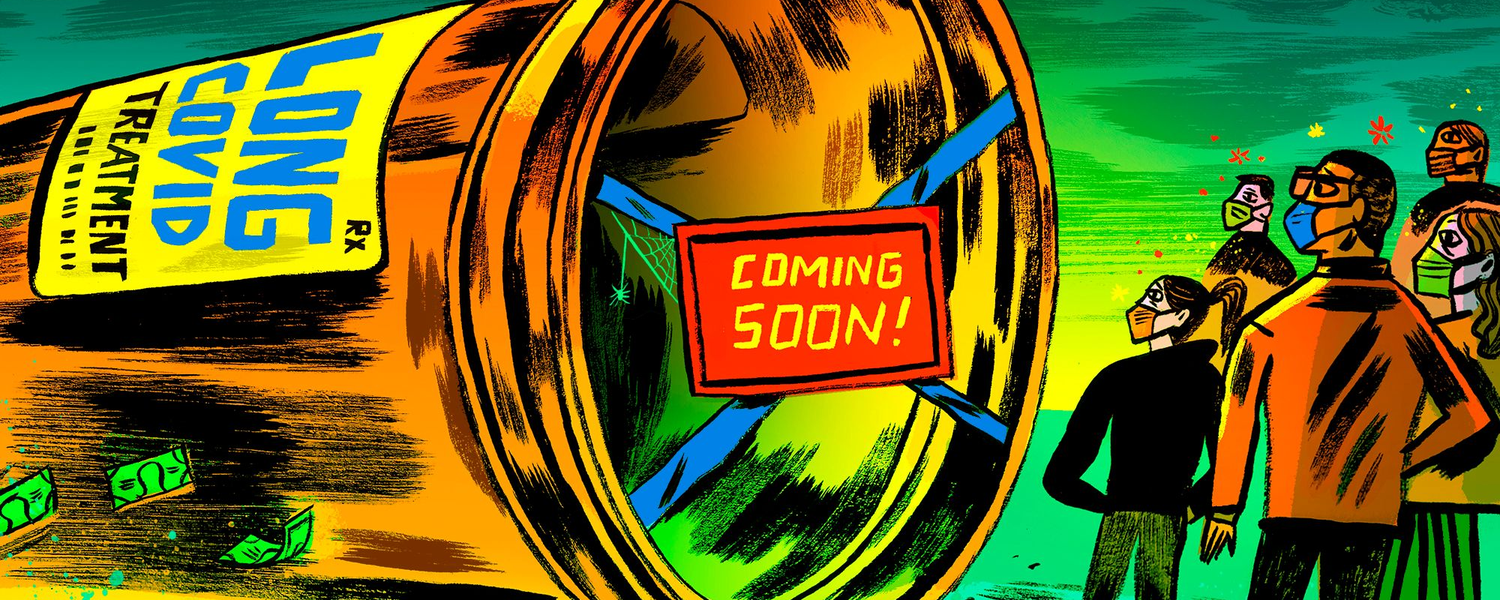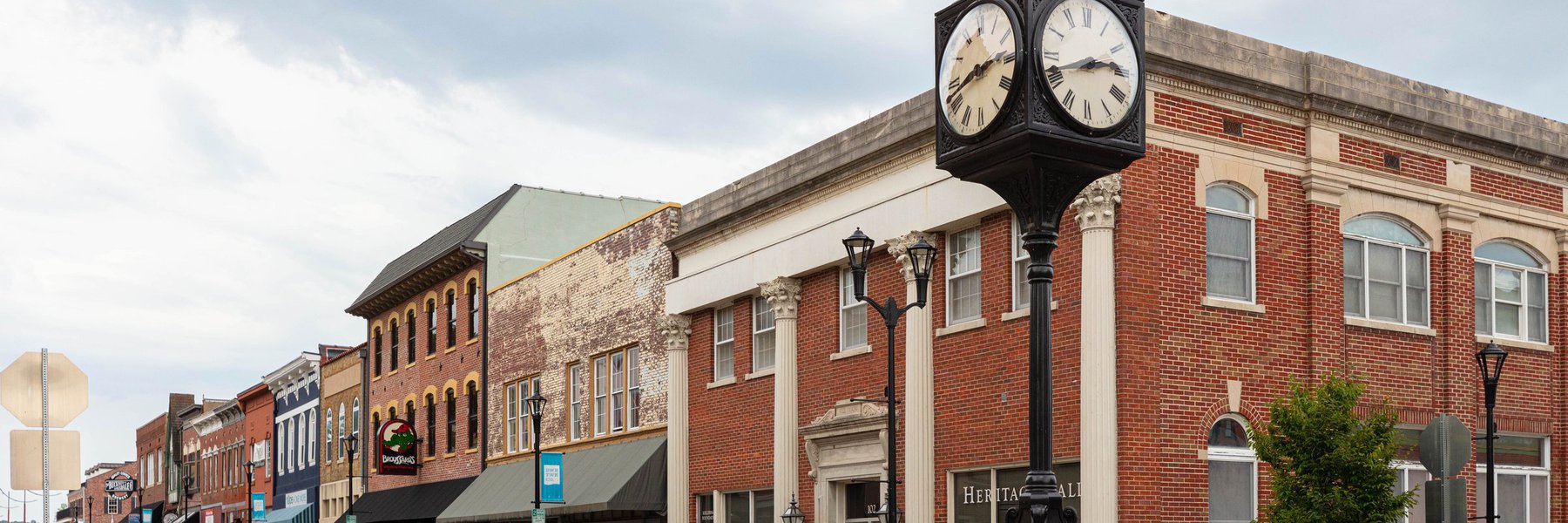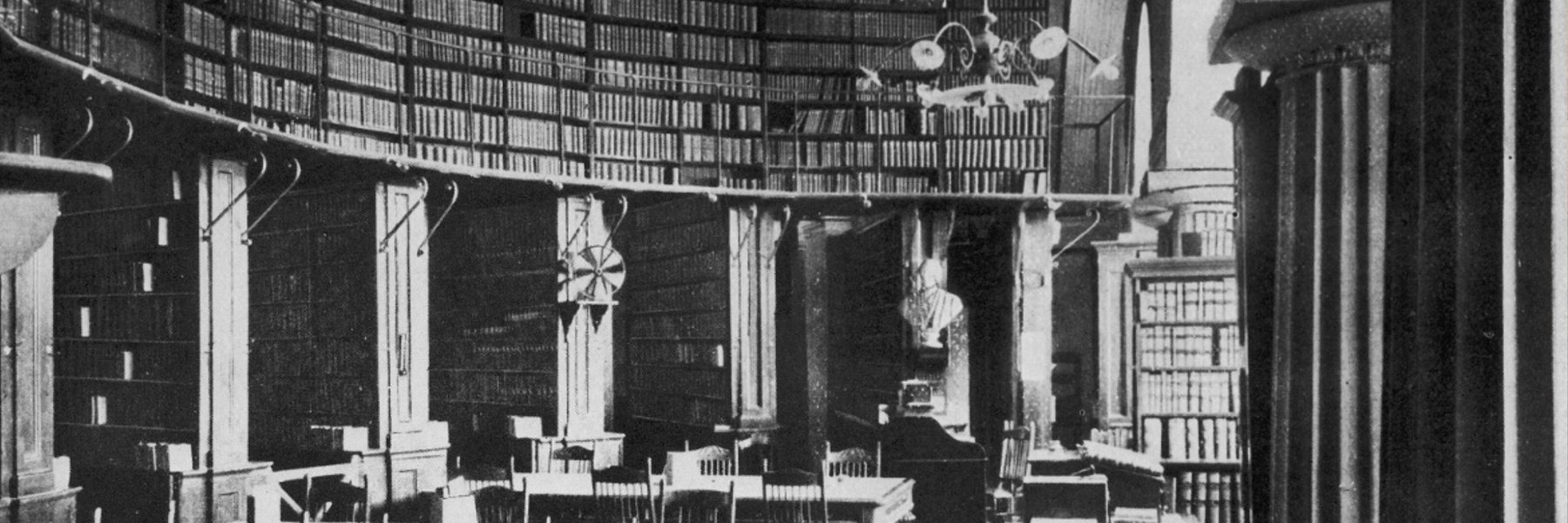Every week, MuckRock brings to you this roundup of transparency and accountability battles, threats and wins. Transparency policies and practices are changing quickly even as the need to understand government decision making grows. If you want the latest on FOIA and public records delivered right to your inbox sign up for our soon-to-launch FOIA update newsletter.
The great digital divide challenging educators and workers right now is also one of the greatest issues confronting government agencies tasked with keeping the public informed amidst stay-at-home orders and social distancing. Across jurisdictions and even across agencies of the federal government, transitions to telework and remote records processing remain inconsistent. Each is dealing with a record management system that was in place prior to the current crisis, one that may not have been meant to accommodate any out-of-office work.
OGIS, an office housed within the National Archives and intended to help agencies comply with FOIA, recently published an Advisory Opinion reemphasizing the importance and mandatory nature of providing requesters with estimated completion dates. OGIS is continuing to work with agencies on their ongoing FOIA transitions and will be holding a virtual workshop on best practices for FOIA on April 20.
“One of the big issues - beyond the technology - is access to records. Some agencies are very paper-based and remain paper-based, and so it’s really hard for them to get access to the records,” Kirsten Mitchell, Compliance Team Lead at the federal Office of Government Information Services (OGIS), told MuckRock. “And the other issue, particularly for agencies in the intelligence community, those FOIA processors work in classified settings, and a classified setting can’t be translated to one’s home.”
MuckRock has seen the same inconsistent scenario playing out in local jurisdictions, where emergency orders may or may not have granted leniency in responding to records requests. (For more on emergency measures nationwide, you can help by sharing a link to an article or record of how the government is changing in response to COVID.)
In Florida, for example, Sunshine Law expectations generally remain the same for agencies, but this is not the case in other areas. Last month, New Jersey enacted two new laws to modify OPRA deadline requirements and make it permissible to hold electronic meetings during periods of emergency. Michigan Governor Gretchen Whitmer issued an executive order on Sunday night to temporarily extend the deadlines for certain FOIA requests.
Open meeting laws are also struggling right now, as public bodies are still figuring out how to hold socially-distanced meetings.
In Chicago, City Bureau Documenters have been attending and recording public meetings for three years and know that there were already flaws with the way public meetings were posted online and allowed public comment. The group says more than half of planned public meetings in the past month have been canceled. They say those held online have suffered from technical issues or requirements that made access impossible for their documenter and the public.
MuckRock is working to track these changes to public records and open meetings. If you’ve seen changes to your public records or open meeting laws, please let us know. Check out our project Transparency changes in response to COVID-19.
Reporters Committee for Freedom of the Press has published a paper on how COVID-19 is affecting U.S. transparency and press freedom and have their own tracker of measures affecting government access.
For a more global view of how press freedom is being affected, the Committee to Protect Journalists is covering the major problems international reporters are facing. “Governments are cracking down on journalists and implementing sweeping restrictions under the guise of combating misinformation and ‘fake news,’” Executive Director Joel Simon recently wrote for Columbia Journalism Review. In the Middle East, government suspension of the press has forced newsrooms to close, and journalists in South America, India, the Philippines, and elsewhere now face arrest for their COVID coverage.
Though the current crisis is giving governments a chance to cut the public out of operations and meetings, as David Cullier wrote this week for Nieman Lab, these responses don’t need to be the norm. “Efforts to make government more accessible now can result in permanent improvements in the future, Cullier wrote. “Sometimes it takes a crisis to pull together and move forward, as citizens and government working together, fully engaged and well informed.”
The journalism and transparency communities have been working to provide resources for one another as we continue work during the pandemic. The New England First Amendment Coalition is offering a free hotline for journalists covering the pandemic. The Lenfest Institute is compiling a list of funding opportunities and resources for media. And for a historical look at how agencies have historically handled FOIA, Professor A. Jay Wagner from Marquette University has released a dataset of information from decades of annual FOIA reports, covering 1975 - 2018, most of the law’s existence.
Reach out if you’re a newsroom looking for public records help or know of a resource we should share with our audience.
Image courtesy of Dylan Freedman




